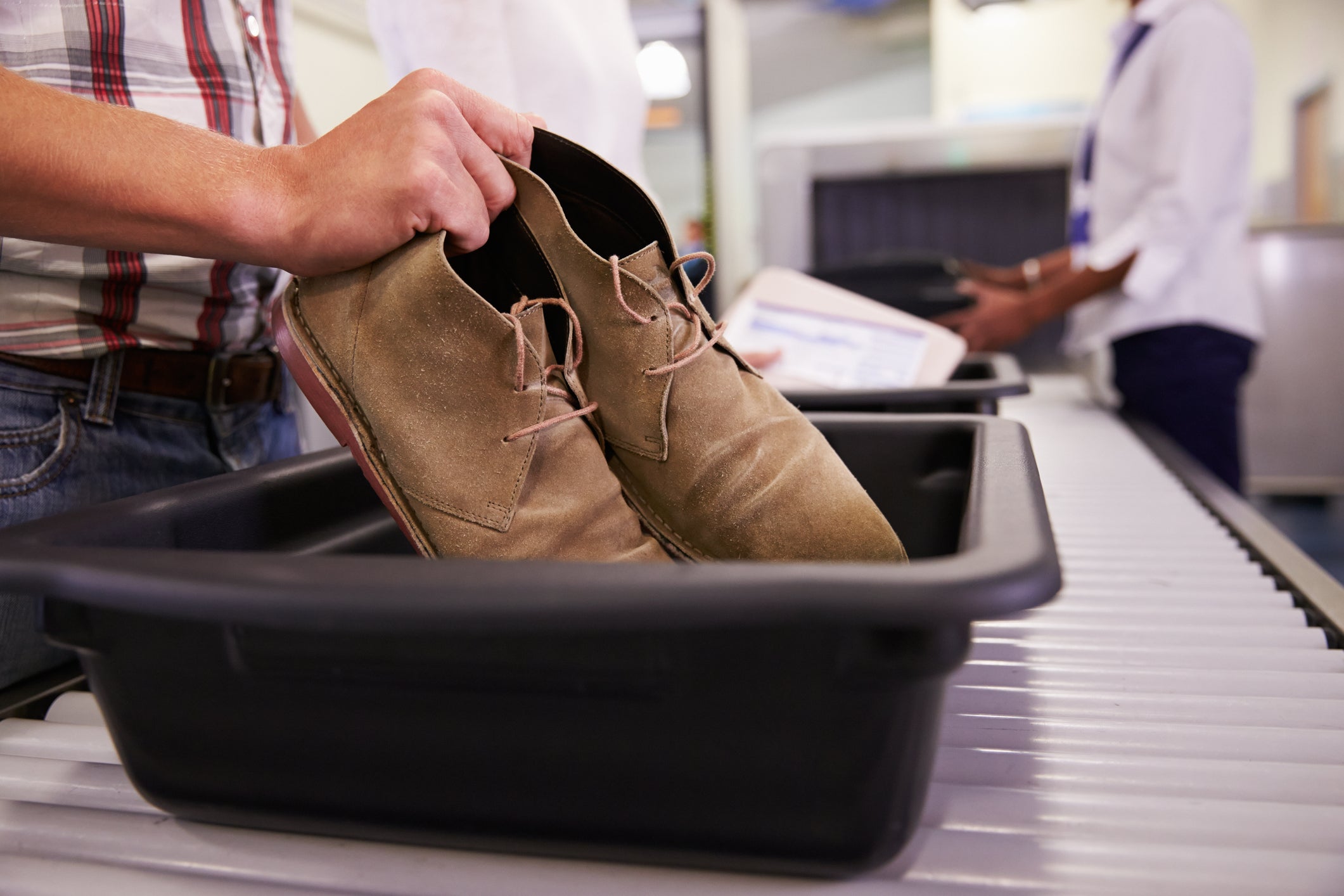Flying from an airport? Now wash your hands
‘By bringing the people of the world together, aviation inadvertently combines their various malaises in a terrifying microbial cocktail’

Your support helps us to tell the story
From reproductive rights to climate change to Big Tech, The Independent is on the ground when the story is developing. Whether it's investigating the financials of Elon Musk's pro-Trump PAC or producing our latest documentary, 'The A Word', which shines a light on the American women fighting for reproductive rights, we know how important it is to parse out the facts from the messaging.
At such a critical moment in US history, we need reporters on the ground. Your donation allows us to keep sending journalists to speak to both sides of the story.
The Independent is trusted by Americans across the entire political spectrum. And unlike many other quality news outlets, we choose not to lock Americans out of our reporting and analysis with paywalls. We believe quality journalism should be available to everyone, paid for by those who can afford it.
Your support makes all the difference.In 2001 Richard Reid, the terrorist known as the “shoe bomber”, tried to murder everyone on board a Paris-to-Miami flight by detonating explosives fashioned into his footwear. Happily, he failed. Since then, X-raying shoes has become part of the security procedure at airports worldwide.
As a result the range of nasty substances deposited on the trays used at airport security now embraces whatever has been picked up on the traveller’s shoes – of which discarded chewing gum is merely the least unpleasant.
Travel is all about exposing yourself to new experiences. But before you have even left the ground, you are exposed to a wide range of pathogens (organisms that spread disease).
The results, just published in the journal BMC Infectious Diseases under the catchy title of “Deposition of respiratory virus pathogens on frequently touched surfaces at airports,” provides a clinical assessment of the threats that await after check-in.
The scientists looked specifically at how contaminated surfaces transmit flu and similar viruses; other nasties, such as norovirus, no doubt follow the same pattern.
Parents may be alarmed that the highest incidence, with two out of three samples showing evidence of a virus, was on “a plastic toy dog in the children’s playground”. But close behind, with half the samples containing viruses you really don’t want to catch, were the plastic trays at the security checkpoint.
The near-ubiquitous use of these trays is a relatively new phenomenon. In the olden days, when I worked in security at Gatwick, your bag trundled through the X-ray scanner on its own. But in an age when laptops and, often, shoes need to be checked separately, trays are the way to keep airport security queues moving.
“Of the surfaces tested, plastic security screening trays appeared to pose the highest potential risk, and handling these is almost inevitable for all embarking passengers,” concluded the study.
“Each security tray is rapidly recycled and potentially touched by several hundred passengers per day.”
Travellers who acquire respiratory ailments during their journeys often blame poor air circulation on board aircraft for their illness. But the research shows a strong possibility that they picked it up right at the start of the journey.
The research is aimed at recognising “hot spots” for contact transmission risk – which could be vital during the next pandemic. But passengers have their part to play by not travelling when they are ill.
This week an Emirates flight from Dubai was temporarily quarantined when it arrived at New York JFK because some passengers reported feeling ill. On the One Mile At A Time blog, one online comment from “Larry In NYC” read, alarmingly: “Will be on that flight with my family on Saturday – and two of them have been running a temperature and coughing (bacterial bronchitis they picked up from the third family member before we left home).”
Quite rightly, cabin crew are told not to fly when they are suffering from contagious conditions. Airlines should also make it easy (and free) to postpone flights when passengers present medical evidence of the threat they pose to other travellers.
The best way not to become contagious yourself, of course, is not to get ill in the first place. No doubt you are meticulous about personal hygiene in normal life. But in the highly pressurised environment of an airport, it may be that you go straight from security to sit down and eat a meal.
Should you meet me in an airport security queue, I may be cheerfully stacking the plastic trays to speed the flow of passengers (and, in the case of Gatwick, to assist my ex-colleagues). But as soon as I am “airside”, I will go straight to wash my hands in the obsessive manner of Lady Macbeth.
By bringing the people of the world together, aviation inadvertently combines their various malaises in a terrifying microbial cocktail.
The other airport hotspot? After reading the survey I learned why you should always use contactless payment when paying at a pharmacy.
“Both rhinovirus and coronavirus OC43 were detected in the same sample from buttons of the payment terminal at the pharmacy,” said the researchers.
It does not take Sherlockian powers of deduction to work out that many of the people paying for stuff at pharmacies are unwell. Remember that when you’re queueing to pay for those now-essential wet wipes.
Join our commenting forum
Join thought-provoking conversations, follow other Independent readers and see their replies
Comments